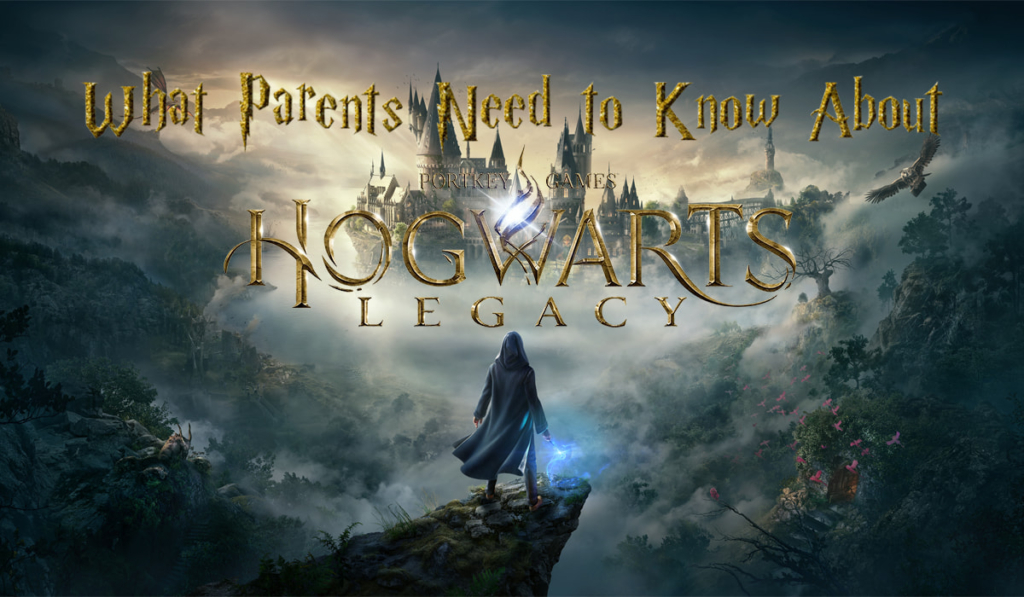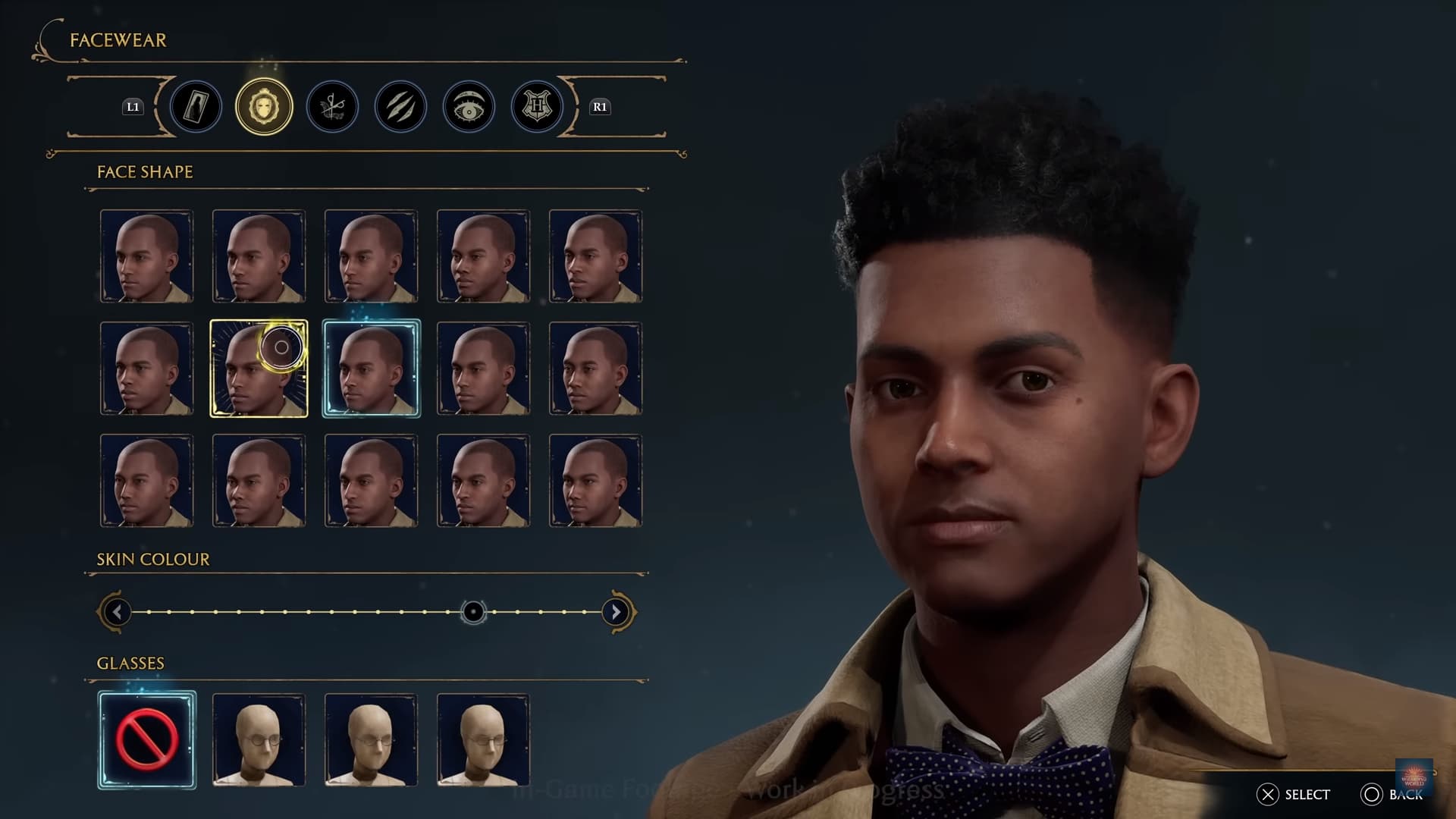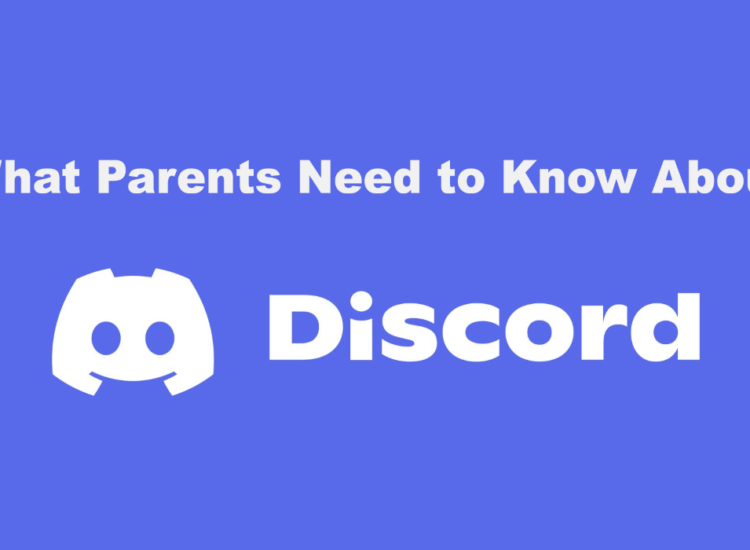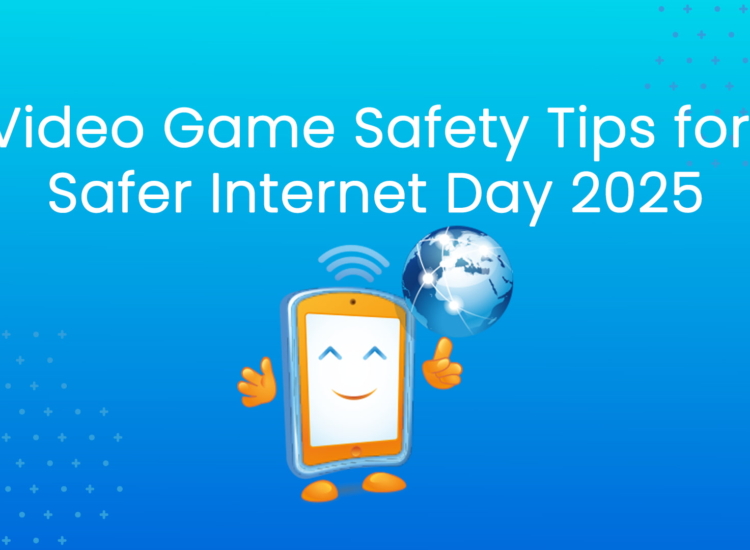What Parents Need to Know About Hogwarts Legacy

Harry Potter and the Wizarding World has captured the imagination of millions over the years. Hogwarts Legacy is the first new console game in the series in about a decade, inviting kids and families back into Hogwarts School of Witchcraft and Wizardry for a new adventure.
But how can you be sure this entry into the world of Harry Potter is appropriate for your kids? Fortunately, we have everything you need to know in order to decide.
What is Hogwarts Legacy?
Hogwarts Legacy is a single-player, open-world, action role-playing game set in the fictional magical school made famous in the Harry Potter series and Wizarding World universe. The story takes place in an 1800s wizarding world, more than a hundred years before the books’ setting, so familiar characters may not show up.
Instead, players take on the persona of a new fifth-year student, who they create for themselves using a powerful but simple character customization tool at the start of the game. It allows for detailed options, including gender, ethnicity, coloring, attire, accessories, and more. Players will also be sorted into their chosen school house – Hufflepuff, Ravenclaw, Gryffindor, or Slytherin.
Students attend classes for Charms, Defense Against the Dark Arts, Herbology, and Potions. Throughout the school year they can become more powerful by passing simple magical challenges, taming and riding magical beasts, and accruing new powers and skills, including the ability to fly on a broomstick (alas, competing in Quidditch tournaments is not part of the game).
Players learn powerful spells used in combat against nefarious, supernatural enemies such as goblins and witches, as well as the secrets of potion brewing. Students will also be free to explore not just Hogwarts, but its connected locations, such as Diagon Alley, the Forbidden Forest, the Room of Requirement, and the village of Hogsmeade. Wizards may even encounter some familiar denizens of Hogwarts, including Nearly Headless Nick, The Fat Lady, and Peeves.
Throughout the game’s story, players will shape their wizarding personality through their choices and actions, influencing the overall arc of the game.
Is Hogwarts Legacy Appropriate for Children?
Hogwarts Legacy is rated T (Teen 13+), with Content Descriptors including Blood, Fantasy Violence, Mild Language, Use of Alcohol, and Interactive Elements for In-Game Purchases.
ESRB’s Rating Summary provides more details that may be important to consider as you decide if Hogwarts Legacy is appropriate for your family, such as:
Battles are frenetic at times, with explosions, cries of pain, and impact sounds. A handful of story sequences depict characters getting slain by a killing curse. Blood is sometimes depicted near corpses and piles of bones. During the course of the game, players and characters can consume butterbeer that is described as having “a slight alcoholic content.” The word “bastard” appears in the game.
Where Can I Play Hogwarts Legacy?
Hogwarts Legacy is out now on PlayStation 5, PlayStation 4, Nintendo Switch, Xbox Series X|S, Xbox One, and Windows.
Hogwarts Legacy costs $69.99 on PlayStation 5 and Xbox Series X|S, and $59.99 on Windows, Nintendo Switch, PlayStation 4 and Xbox One. Deluxe editions are also available at higher prices (79.99 for PS5 and Xbox Series X|S; 69.99 for the Switch, PS4, Xbox One and PC). A small selection of “Deluxe” features are also available to buy in-game as the “Dark Arts Pack”, which adds a number of cosmetic items and a new battle arena.
Hogwarts Legacy is out now on PlayStation 5, Windows, and Xbox Series X|S.
While it may be hard to find, there is also a Collector’s Edition available that includes a number of exclusive physical and in-game items. If you can track one down, it costs $299.99 on all available platforms.
Staying Involved with Your Kids’ Wizarding Adventures
As always, understanding the games your children are playing is key to making sure they have appropriate experiences.
Checking the ratings, researching online, or even watching your children play for a while is not only a great way to stay informed, but also helps nurture a judgment-free environment around something they love. You may even want to pick up the controller and join the fun. Playing immersive role-playing games with family and friends can be a great opportunity to connect and enjoy each other’s company.
Consoles and PC gaming platforms like Steam and Epic Games Store offer parental controls that help you manage what your kids play, when and for how long, with whom, and whether they can spend money on new games or in-game purchases. You can find step-by-step parental controls guides at ParentalTools.org.
While you’re there, visit ESRB’s Family Gaming Guide for more tips about how you can help to ensure positive video game experiences for your kids.



